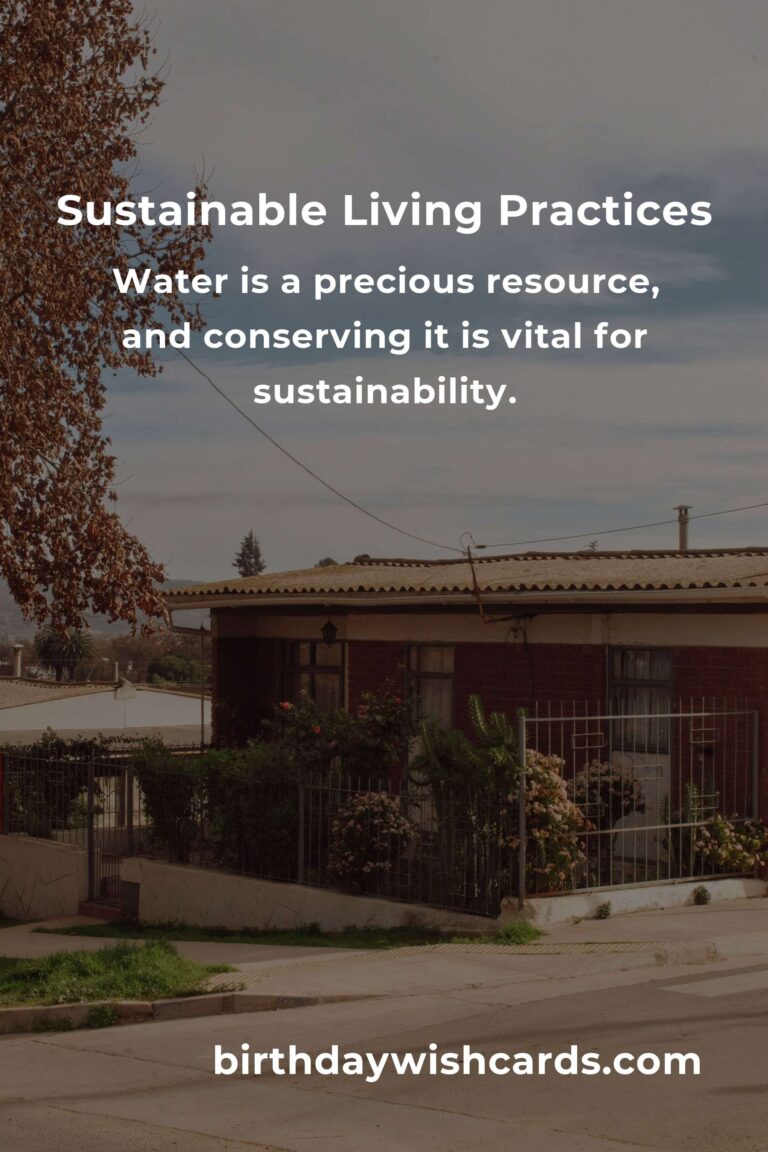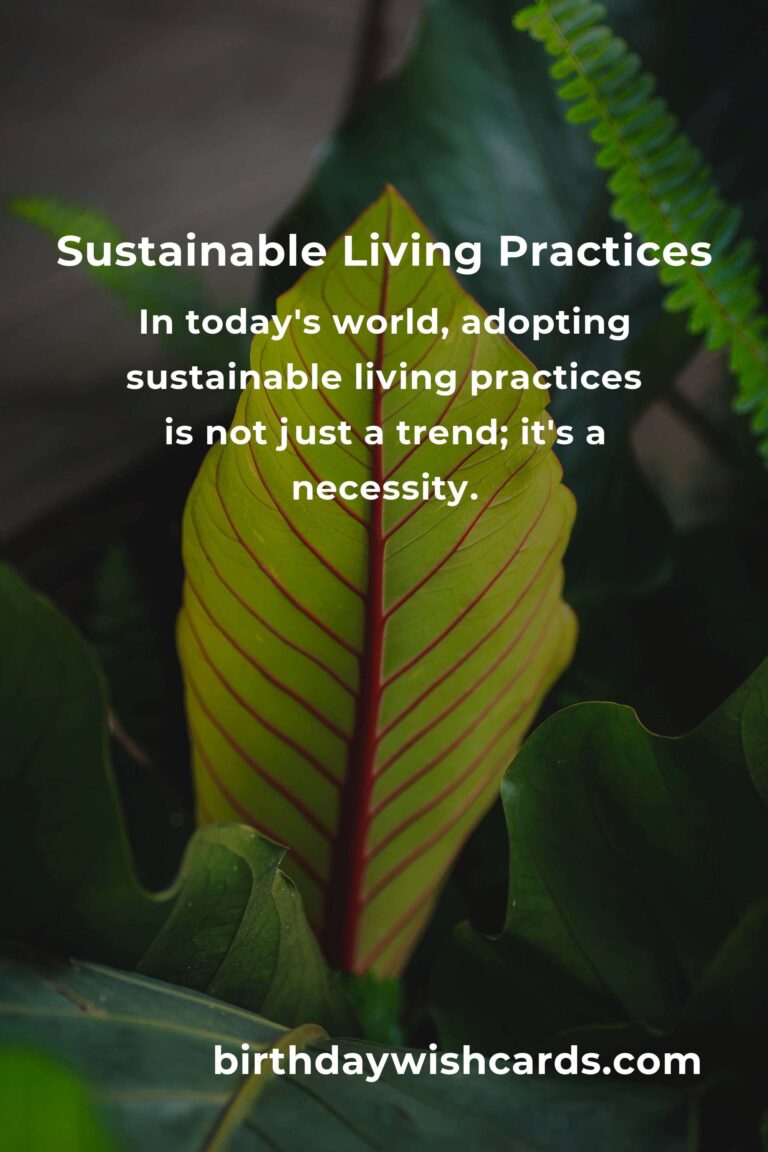
In today’s world, adopting sustainable living practices is not just a trend; it’s a necessity. As we continue to face environmental challenges, it’s essential to integrate sustainable habits into our daily lives. This comprehensive checklist will guide you through various sustainable living ideas that can significantly reduce your carbon footprint and promote a healthier planet.
1. Energy Efficiency at Home
Energy efficiency is crucial for reducing your carbon footprint. Start by conducting an energy audit of your home to identify areas where you can improve. Consider installing energy-efficient appliances, LED lighting, and smart thermostats that optimize energy usage. Additionally, unplug devices that are not in use and use power strips to prevent energy wastage.
2. Embrace Renewable Energy
Transitioning to renewable energy sources is a significant step towards sustainability. Install solar panels on your roof to harness solar energy. If solar panels are not feasible, consider switching to a green energy provider that sources electricity from wind, solar, or hydroelectric power.
3. Reduce, Reuse, Recycle
The three Rs—reduce, reuse, and recycle—form the foundation of sustainable living. Reduce waste by purchasing only what you need and choosing products with minimal packaging. Reuse items whenever possible, such as glass jars or cloth bags. Finally, recycle materials like paper, plastics, and metals according to local guidelines.
4. Sustainable Transportation
Transportation is a significant contributor to carbon emissions. Opt for public transportation, carpooling, biking, or walking whenever possible. If you must drive, consider investing in an electric or hybrid vehicle that offers better fuel efficiency and lower emissions.
5. Sustainable Food Choices
Your food choices have a profound impact on the environment. Prioritize locally sourced, organic produce that reduces transportation emissions and supports local farmers. Consider reducing meat consumption by incorporating more plant-based meals into your diet. Compost food scraps to enrich soil and prevent waste.
6. Water Conservation
Water is a precious resource, and conserving it is vital for sustainability. Fix leaks promptly and install low-flow fixtures to reduce water usage. Collect rainwater for gardening and use water-efficient appliances like dishwashers and washing machines.
7. Eco-Friendly Products
Choose eco-friendly products that are made from sustainable materials and have minimal environmental impact. Look for certifications like Fair Trade or organic labels when shopping. Avoid single-use plastics and prefer biodegradable or recyclable alternatives.
8. Green Building Practices
If you’re planning to build or renovate, consider green building practices that improve energy efficiency and reduce environmental impact. Use sustainable materials like bamboo or recycled steel, and design your home to maximize natural light and ventilation.
9. Mindful Consumption
Adopt a minimalist lifestyle to reduce unnecessary consumption. Evaluate your purchases carefully and support brands that prioritize sustainability. By consuming mindfully, you contribute less to landfills and reduce your ecological footprint.
10. Community Involvement
Engage with your community to promote sustainable living. Participate in local clean-up events, support community gardens, and advocate for sustainable policies. By working together, communities can create significant positive change.
Incorporating these sustainable living ideas into your lifestyle may seem challenging at first, but with dedication and mindfulness, you can significantly impact the environment positively. Start small, and gradually expand your efforts as you become more comfortable with sustainable practices.
In today’s world, adopting sustainable living practices is not just a trend; it’s a necessity. Transitioning to renewable energy sources is a significant step towards sustainability. The three Rs—reduce, reuse, and recycle—form the foundation of sustainable living. Transportation is a significant contributor to carbon emissions. Water is a precious resource, and conserving it is vital for sustainability.
#SustainableLiving #EcoFriendly #GreenEnergy #Conservation #Minimalism

